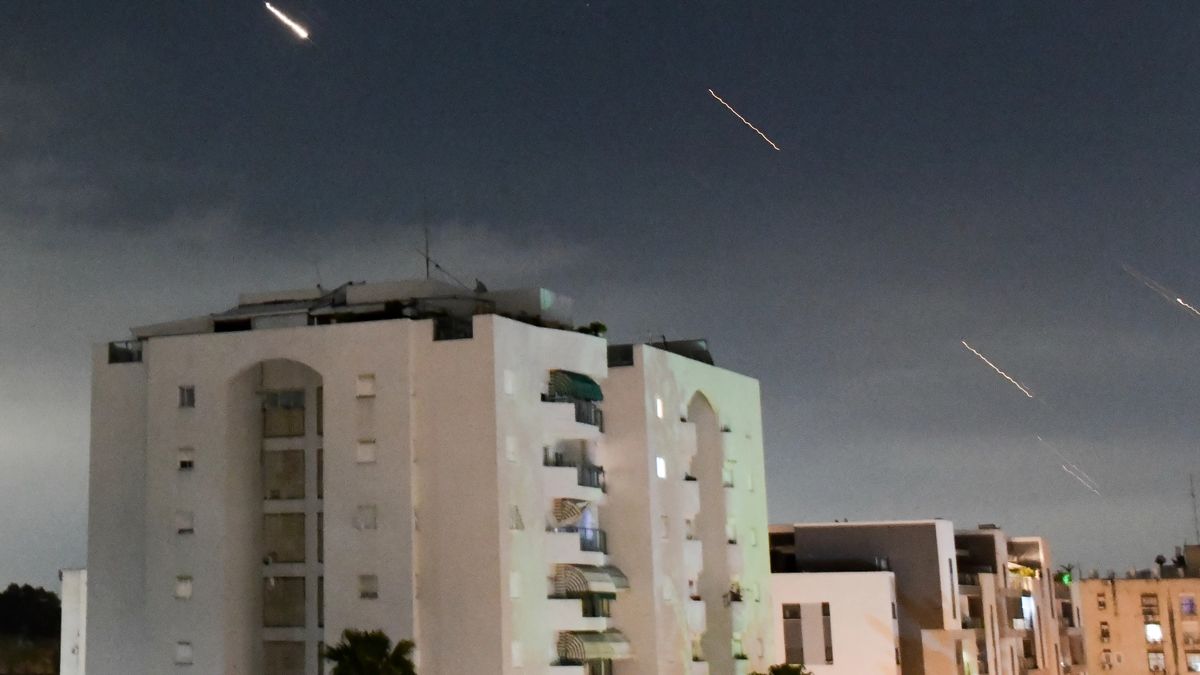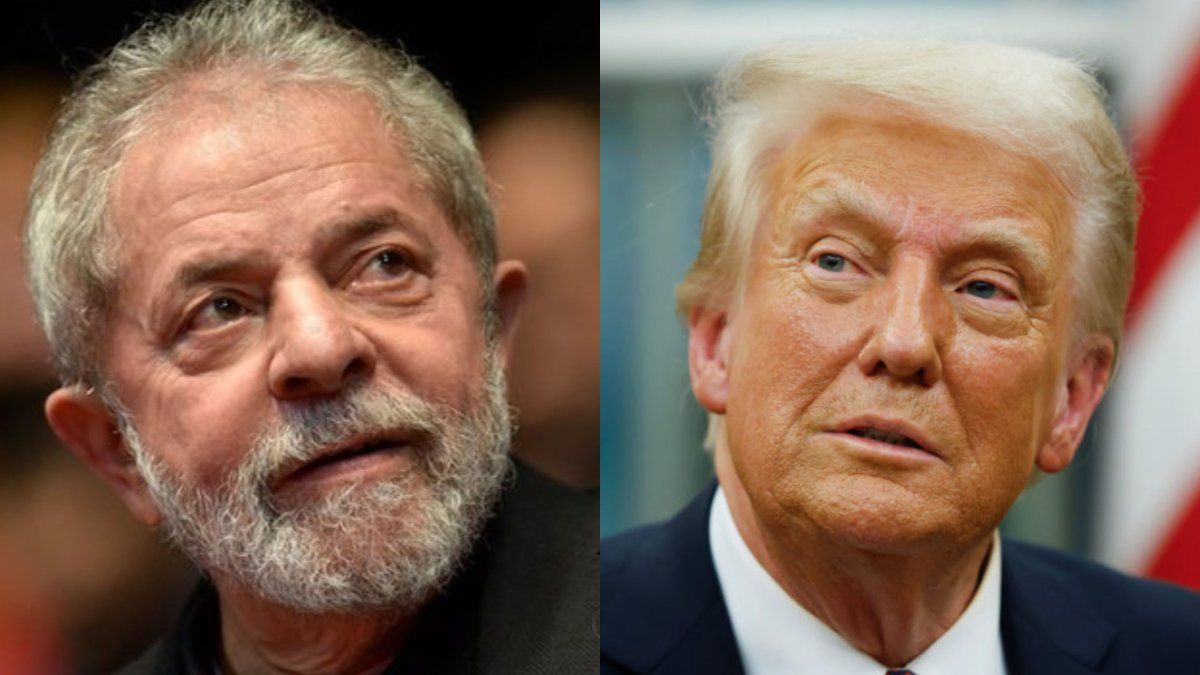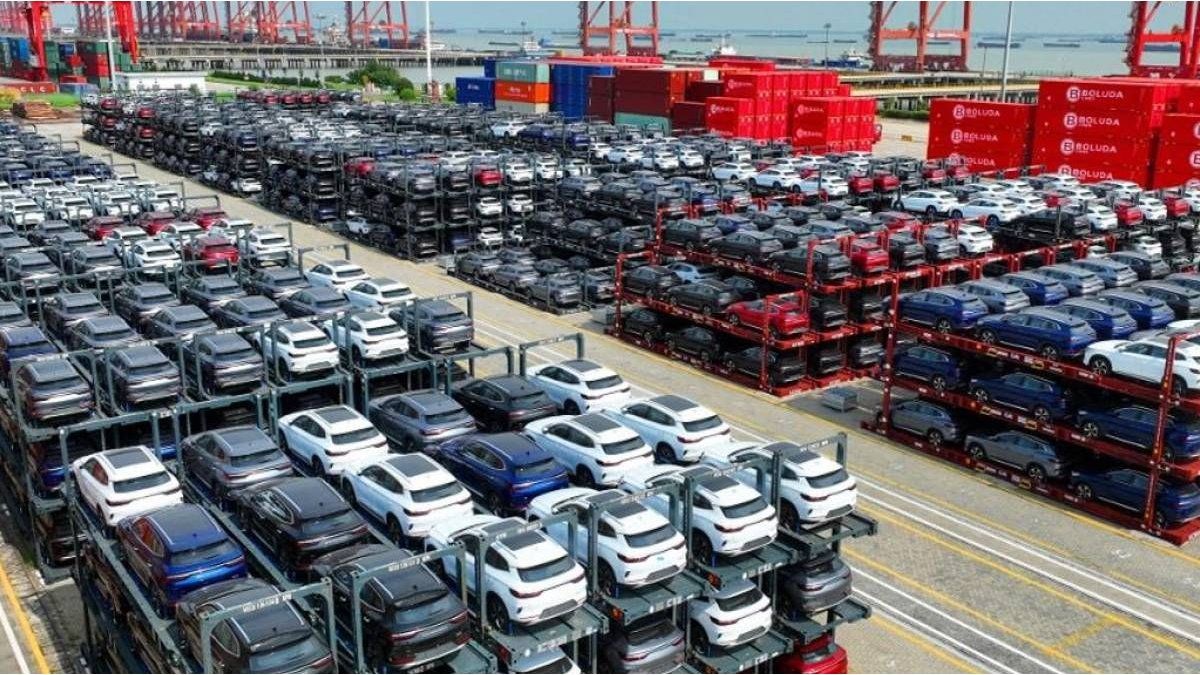The military escalations in Middle East generated concern in several countries Latin America who took a position regarding the conflict between Iran and Israel, among them, Mexico, Argentina, Chile, Ecuador, Brazil and Venezuela.
The most striking response was that of the Argentine president, Javier Milei, who decided to create a Crisis Committee due to the offensive of the Islamic Republic, as reported by the presidency this Saturday. From the Executive they expressed “their solidarity and ‘unwavering’ commitment to the State of Israel, in the face of attacks initiated by the Islamic Republic of Iran.”
Milei also announced his return to the country after the attack by Iran as part of a tour where he was going to be welcomed in Denmark to participate in the official ceremony due to the agreement that allowed Argentina buy 24 F-16 fighter jets from Denmark.
“The President returns to Argentina to form a Crisis Committee in light of the latest events that have occurred in Israel, to take charge of the situation and coordinate actions with the presidents of the Western world,” explained the presidential spokesperson, Manuel Adorni, in your X account.
More impartial positions
Meanwhile, the other countries in the region opted for slightly more peaceful positions. The Minister of Foreign Affairs of Chile, Alberto van Klaveren, posted on X’s account the following: “We express our concern about the serious escalation of tensions in Middle East and the Iranian attacks against Israel. Chili condemns the use of force and defends international humanitarian law.”
For its part, the Ministry of Foreign Affairs of Mexico expressed deep concern about the attack and the “impact it could have on thousands of lives.” “Mexico condemns the use of force in international relations and calls on the parties to restrain themselves and seek peaceful solutions to avoid the generalization of the conflict in the Middle East,” wrote the Ministry of Foreign Affairs, led by Alicia Barcenain X.
Brazil He also expressed his concern about the situation in middle East and called to avoid escalation, while Ecuador reported that the Chancellery He is in contact with his diplomatic staff and following security instructions from Israel. In addition, they assured that the situation will continue to be monitored.
Venezuela and Iran have been allies for years with economic differences
Another country that expressed concern was Venezuela. President Nicolas Maduro said Saturday that he is following “the worrying developments” in Middle East, although he avoided condemning the attack on Israel by Iran that began in the afternoon.
Venezuela is an ally of Iran, Russia and China, although for at least two years he has had contacts with the United States. “The Government of the Bolivarian Republic of Venezuela follows the worrying events unfolding in the Middle East,” he said in a statement, in which he noted that the situation is “a product of the genocide in Palestine and the irrationality of the Israeli regime.”
In the statement, the Venezuelan authorities did not mention Iran or condemn the launch of hundreds of drones and missiles against Israel in a retaliatory attack. Iran and Venezuela They are trying to rebuild an oil alliance that began to crumble last year after the South American country fell behind on oil trades that had boosted its oil exports. raw and helped curb internal fuel shortages, according to six sources.
On Friday officials from the White House confirmed that delegates of the president of United States, Joe Biden, They met secretly this week in Mexico with representatives of the Maduro government.
The secret meeting was held as the April 18 deadline approaches for USA decide whether to reimpose sanctions on the Venezuelan oil industry in response to what Washington considers Maduro’s failure to fulfill his commitments to organize free and fair elections this year.
The exports of Petroleum of Venezuela They rose in March to the highest level since early 2020 as customers rushed to complete purchases ahead of the likely expiration of a temporary U.S. license that has allowed the country to freely sell its crude, according to data and shipping documents.
Source: Ambito




